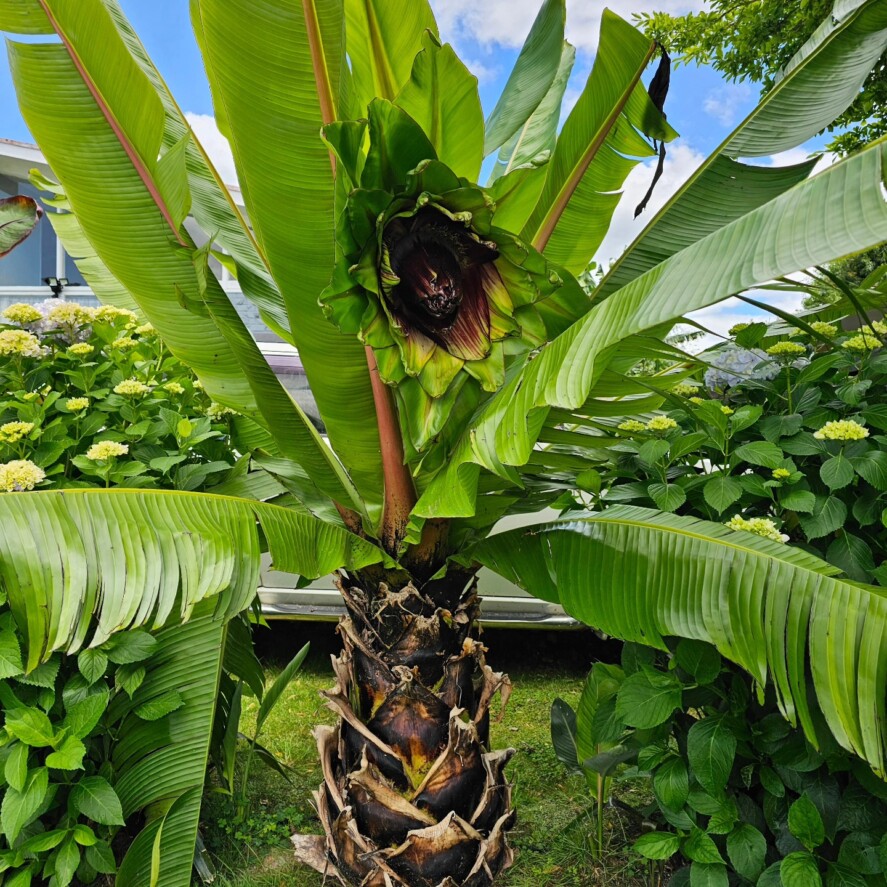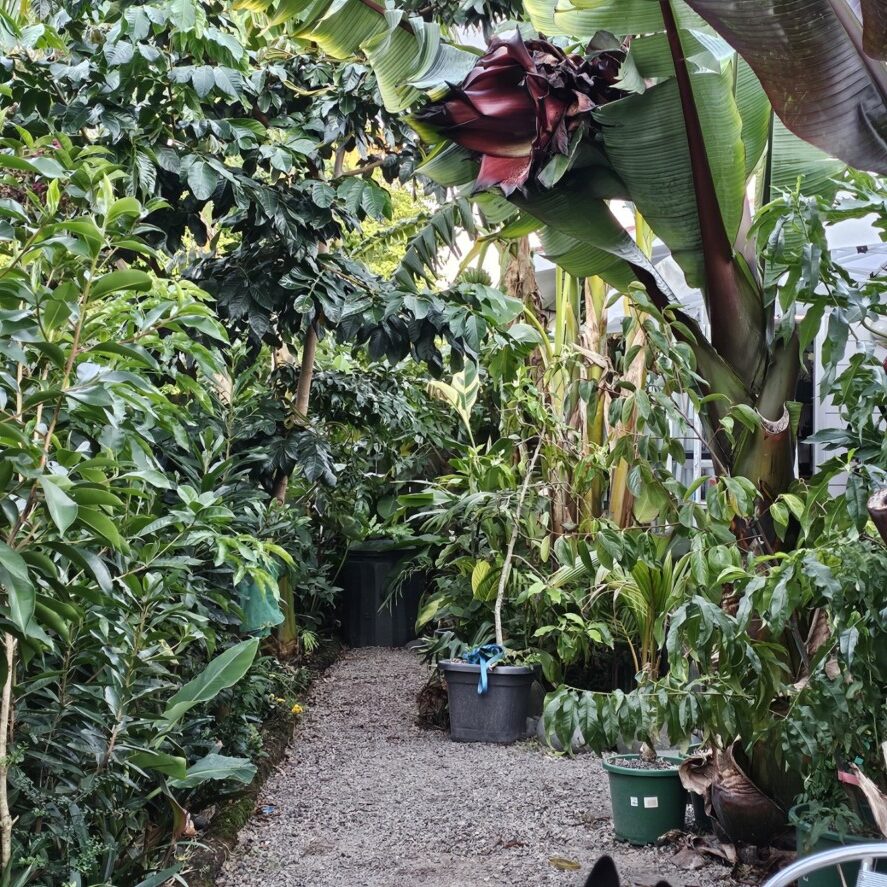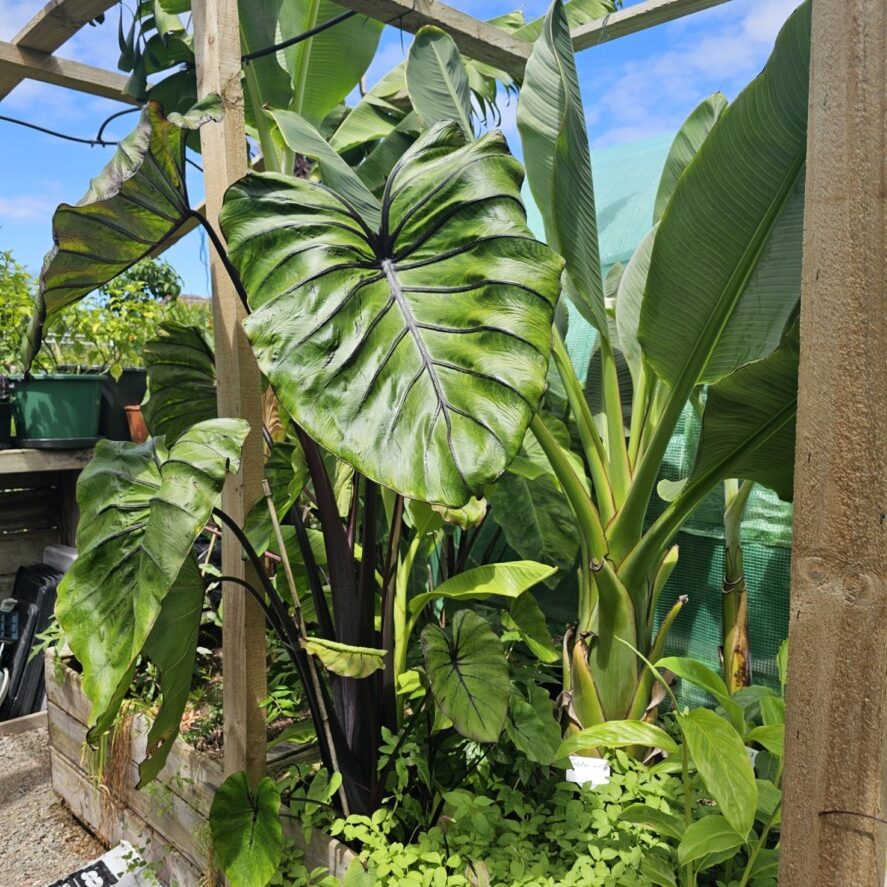-
Troppo Plant & Garden Articles
- Te Puke Region
- TROPPO’s Food Forest in Te Puke, BOP (www,foodforest.org.nz)
- Troppo’s Plant Collection
- TROPPO's Nursery Directory
- Food Forests of New Zealand (www.foodforests.nz)
- Nursery Map - Plant Suppliers of NZ Directory (www.nurserymap.nz)
- Kids Garden Corner
- New Zealand Garden Bird Survey
- New Zealand Garden Groups
- Delicious Recipes
20 reasons to create a food forest in new zealand
1. **Promotes Biodiversity**: Food forests support a diverse array of plants and wildlife, contributing to ecosystem health.
2. **Sustainable Food Production**: They provide a sustainable source of fresh fruits, nuts, and vegetables, reducing dependence on store-bought produce.
3. **Soil Health Improvement**: The diverse root systems of a food forest enhance soil structure, improve fertility, and prevent erosion.
4. **Carbon Sequestration**: Trees in food forests sequester carbon, helping to mitigate climate change.
5. **Water Conservation**: Food forests create more shade, reducing evaporation and improving water retention in the soil.
6. **Resilience to Climate Change**: The diversity of plants can help withstand extreme weather conditions, making food forests more resilient.
7. **Community Engagement**: They can foster community involvement and empower locals through shared gardening and harvesting activities.
8. **Pollinator Support**: Food forests provide habitats for important pollinators, which are essential for the growth of many crops.
9. **Education Opportunities**: They serve as living laboratories for teaching sustainable practices, ecology, and nutrition.
10. **Aesthetic Appeal**: Food forests enhance the natural beauty of landscapes, providing lovely spaces for recreation and relaxation.
11. **Economic Benefits**: They can create opportunities for small-scale, local businesses focused on organic produce, jams, or herbal products.
12. **Wildlife Habitat**: Food forests can provide shelter and food sources for wildlife, promoting local fauna conservation.
13. **Reduced Pest Issues**: Biodiversity can lead to natural pest control by attracting beneficial insects and predatory species.
14. **Cultural Heritage Preservation**: Food forests can help preserve indigenous plants and traditional gardening practices.
15. **Seasonal Harvests**: They offer a variety of seasonal crops, promoting a well-rounded diet throughout the year.
16. **Low Maintenance**: Once established, food forests typically require less maintenance compared to conventional gardens.
17. **Permaculture Principles**: They align with permaculture principles, creating a self-sustaining ecosystem that mimics natural processes.
18. **Health Benefits**: Access to fresh, organic food contributes positively to community health and well-being.
19. **Long-Term Productivity**: Food forests can produce food for generations, ensuring long-lasting food security.
**Connection to Nature**: Creating and maintaining a food forest fosters a deep connection to nature, promoting mental well-being and environmental stewardship.
**Connection to Nature**: Creating and maintaining a food forest fosters a deep connection to nature, promoting mental well-being and environmental stewardship.[/vc_column_text][/vc_column]








